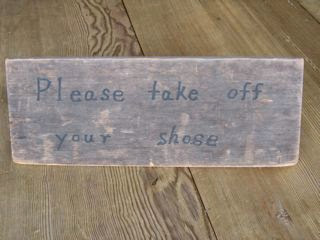




Millions of fish and seafood go to the Tsukiji fish market every morning. Thousands of people go there to buy and sell the fish and seafood. If you want to go there, you need to get up unbelievably early. The hustle and bustle starts at 4:30 am, and keeps on going until about 9:30 am. The market sells seafood of all kinds from all over the world. There are octopuses, clams, and every kind of fish you can imagine, including the blue-finned tuna which comes from Boston. It is one of the best tunas you can get, and it sells for thousands of dollars in Japan. Before the Japanese discovered it in Boston, Americans used it in cat food. If you want to buy good fish, go to the Tsukiji market.








